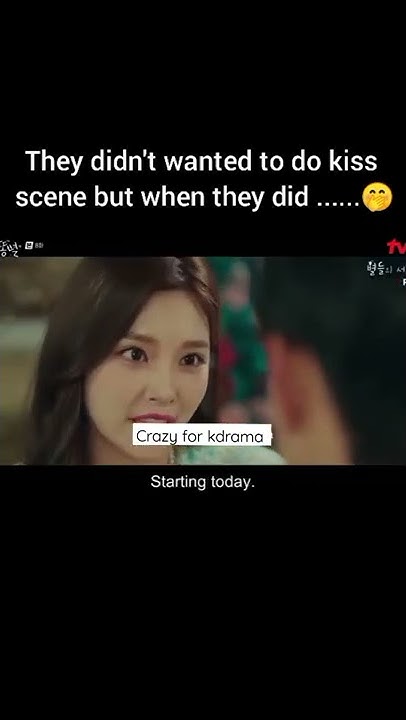| Kiss Me Like it’s the First Time [Verse 1] [Verse 2] [Verse 3] [Verse 4] Just don't want you to be mad at me Don′t bring the past up It's got nothing to do with us Don't know how to be strong I just want you here Don′t know what I did wrong Tell me what′s on your mind Just tell me what's on your mind Tell me what′s on your mind Kiss me like it's the first time You fell in love Kiss me like it′s the last time You'll fall in love I always want your love Even when we fight I don′t think of giving up It's gonna happened sometime Sometimes we'll fight I′m not always right vistas 683 Kiss Me Like It's The First Time
 |

Advertising
LATEST NEWS
Advertising
Populer
Advertising
About

Copyright © 2024 paraquee Inc.












